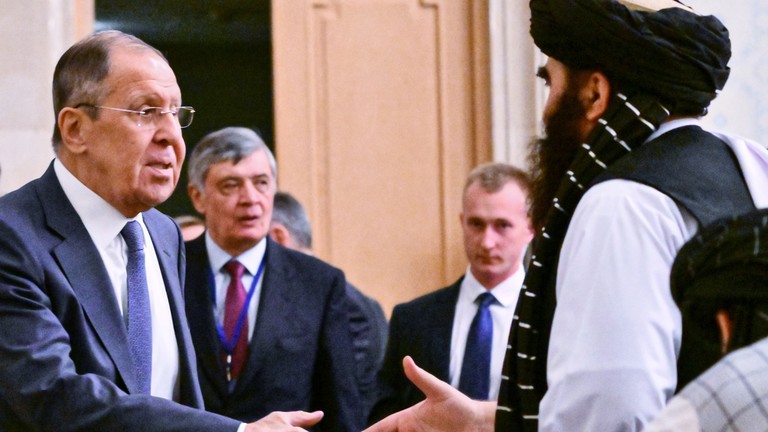Moscow, October 4, 2024 – In a significant diplomatic move, Russia has announced its intention to remove the Taliban from its list of terrorist organizations. This decision was confirmed by Zamir Kabulov, Russia’s presidential envoy to Afghanistan, and Aleksandr Bortnikov, the head of the Federal Security Service (FSB).
The decision, taken at the highest level, reflects Russia’s evolving relationship with the Taliban since the group seized power in Afghanistan in August 2021. President Vladimir Putin has described the Taliban as a “trusted ally” in the fight against terrorism, particularly against the Islamic State.
However, many experts warn that normalizing relations with a group known for its history of violence and extremism could have dangerous implications for global security. By granting legitimacy to the Taliban, there is a risk that other terrorist organizations may be emboldened, potentially leading to increased instability not only in Afghanistan but across the world.
The Russian Foreign Ministry and national security agencies are currently finalizing the legal procedures required to formalize this change. This move is seen as part of Russia’s broader strategy to stabilize Afghanistan and enhance regional security.
While no international government has officially recognized the Taliban administration, China and the United Arab Emirates have accepted its ambassadors in their capitals. Russia’s decision marks a significant step towards normalizing relations with the group. This development comes amid ongoing calls from Russia for Western countries to lift sanctions on the Taliban and return Kabul’s appropriated assets.
The international community has had mixed reactions to Russia’s decision. The United States and its allies have expressed concern, emphasizing that the Taliban’s human rights record and treatment of women and minorities remain problematic. They worry that this move might legitimize the Taliban without ensuring they meet international standards for governance and human rights.
Some neighboring countries, particularly those in Central Asia, have shown cautious optimism. They see potential benefits in stabilizing Afghanistan, which could reduce regional security threats and improve economic ties.
China and Pakistan have welcomed Russia’s decision. China views it as a step towards regional stability and economic integration, particularly with its Belt and Road Initiative. Pakistan, having historical ties with the Taliban, sees this as a positive development for regional diplomacy.
Various human rights groups have criticized the move, arguing that it could undermine efforts to hold the Taliban accountable for their actions. They stress the importance of maintaining pressure on the Taliban to improve their human rights practices.
Overall, while some see this as a pragmatic step towards engaging with the current Afghan administration, others are wary of the implications for human rights and international security. Normalizing relations with a group that has a history of terrorism could ultimately lead to unforeseen consequences, potentially endangering global peace and security.
Ceylon Watch Editorial Team

